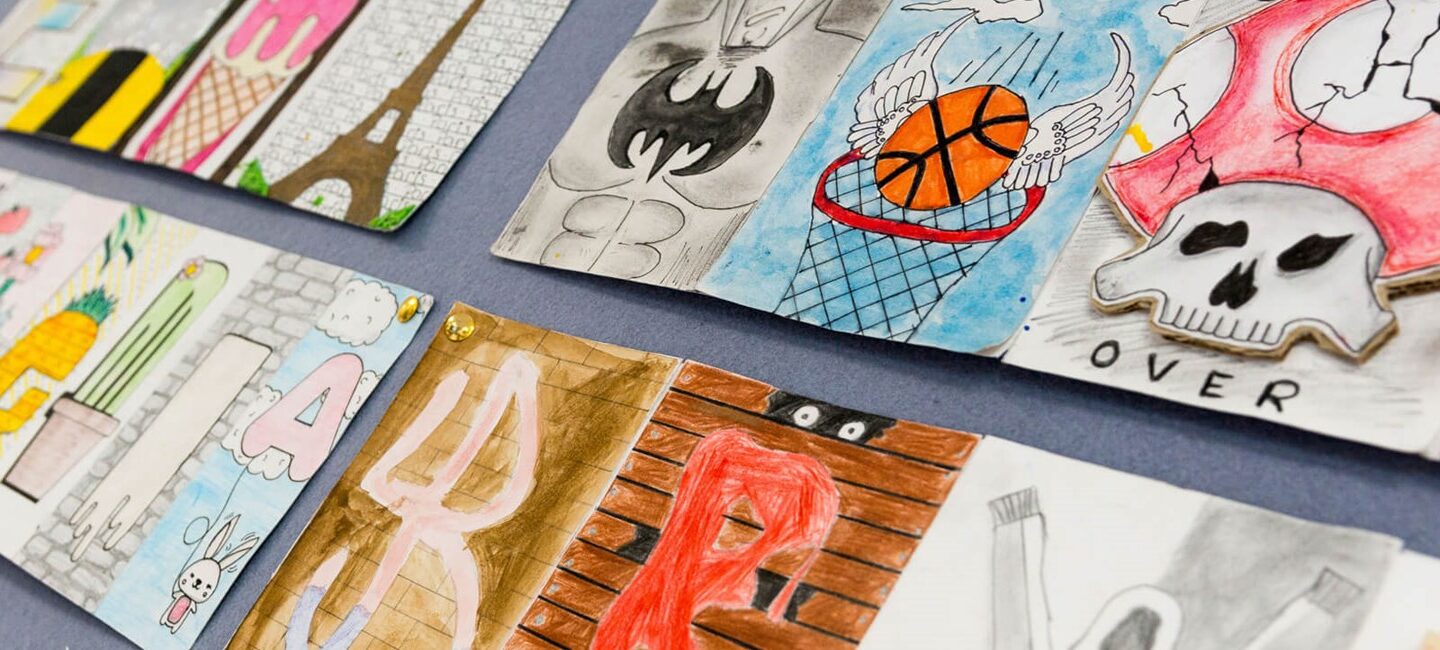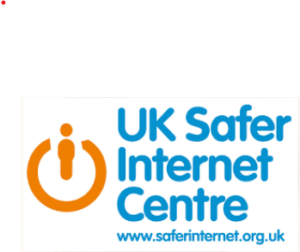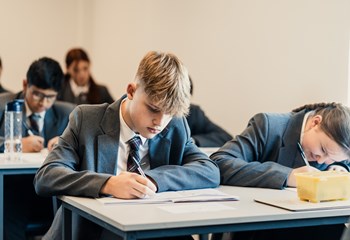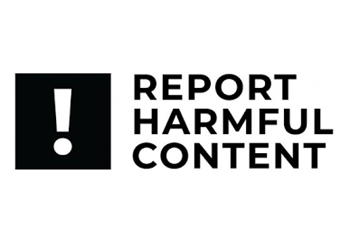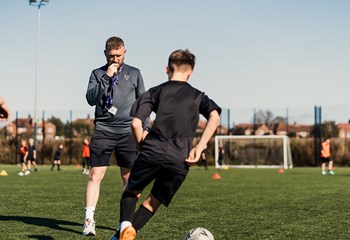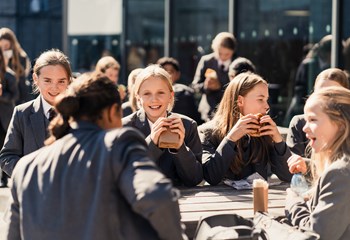We recognise that all adults in school (including temporary staff, volunteers and governors) have a full and active part to play in both protecting our pupils from harm and showing care and consideration for their welfare.
Ponteland High School is committed to providing a caring, positive, safe and stimulating environment that promotes the social, emotional, physical and moral development of the individual child or young person.
Ponteland High School is committed to providing a caring, positive, safe and stimulating environment that promotes the social, emotional, physical and moral development of the individual child or young person.
Ponteland High School is committed to providing a caring, positive, safe and stimulating environment that promotes the social, emotional, physical and moral development of the individual child or young person.
Ponteland High School is committed to providing a caring, positive, safe and stimulating environment that promotes the social, emotional, physical and moral development of the individual child or young person.
We regularly inform parents of safeguarding issues via our weekly bulletin, under the safeguarding section, which we send directly to parent e-mails. The following sections also contain details of specific links and describe key projects that school are directly involved with.
Policy and Procedure
We have a holistic Safeguarding and Child Protection Policy and procedures in place. All staff (including supply staff, volunteers and governors) are made aware of these procedures within our staff induction programme. All staff and governors receive annual training in relation to child protection and other issues surrounding safeguarding.
Safeguarding is about keeping children safe by protecting them from harm, supporting their development and making sure they grow up in a safe environment. At Ponteland High School, keeping children safe is our main priority. If you are concerned that a child may be suffering harm or neglect, ask to speak to our designated members of staff.
Lyn Robinson (DSL) Jonny Greenshields (Deputy DSL)


On occasion, we may need to share information and work in partnership with other agencies when there are concerns about a child or young person’s welfare. Where appropriate, we will discuss our concerns about the pupil with his/her parents/carers first unless we have reason to believe that such a move would be contrary to the child or young person’s welfare.
Our Designated Safeguarding Lead (DSL) is Mrs L Robinson (Assistant Headteacher) who can be contacted on l.robinson@ponthigh.org.uk or 01661 824 711
Reporting Concerns
If any individual is concerned about a child or young person’s welfare, please do the following:
Record your concerns including any observations or conversation heard.
Report your concerns immediately to Mrs L. Robinson (DSL) (Assistant Headteacher) who can be contacted on l.robinson@ponthigh.org.uk or via the school reception on 01661 824711
Please be assured that we take safeguarding concerns seriously and will respond in line with our published policy and national and local guidance.
Immediate/Imminent Danger
If you know that a child is in imminent or immediate danger then we would advise you to call 999 and choose the appropriate emergency service.
Alternatively you can report safeguarding issues you believe to be a crime via 101. If you are unsure contact our school Safeguarding team for further advice.
Reporting concerns to Social Services
Once Call provides access to all services for children and families in Northumberland.
01670 536 400
If you have concerns about the safety or welfare of a child in Northumberland, OneCall is the first point of contact for everyone.
If you have a concern for a child that lives in Newcastle call 0191 277 2500 for children’s social care.
Student Support
All students have the right to be treated with courtesy, dignity and respect. All members of our school community have a responsibility to report behaviour that does not meet this standard.
Students are encouraged to speak to their Form Tutor, Pastoral Leader or Pastoral Manager if they have any concerns over their treatment in school. They can also speak to any other member of staff they feel comfortable talking to if they have any worries or concerns about themselves or other people. Alternatively this can be done by emailing l.robinson@ponthigh.org.uk
Mental Health and Wellbeing
We also have a Mental Health and Wellbeing section of our website which provides links to supporting services. Link to Mental Health and Wellbeing Support.
It is more important than ever that we are extra vigilant around our students online safety. We are continually adding information to our Weekly Bulletin in the Safeguarding Section to ensure parents have the most up to date advice around online safety. We would recommend students and parents checking out these two sites where you can find some valuable resources to help keep you safe on the internet.
Parents Basics To help keep your child safe online;
- Follow age requirements – Many popular Apps, sites and games are 13+, it’s important to check and follow these with pre-teens.
- Speak to phone providers – If your child owns their own smartphone then contact the service provider to make sure it is registered as a child’s device. This means additional safety restrictions can be put in place.
- Support your child with their settings – Support your child to manage their safety and wellbeing settings across devices and accounts.
- Focus on regular safety conversations – It’s important to keep conversations regular at this age. Check out the NSPC advice on tackling challenging conversations including tips for how to use technology to support you with this.
- Share youth facing help and support – Make sure your child knows about services that can help like Childline. You could start by sharing the online safety advice content and the Report Remove tool created by the IWF and Childline.
-
Report Remove: If you are a young person (under 18) and have a sexual image or video of yourself shared online, you can use Childline’s Report Remove service to report it and try to have it removed.
- Revisit parental controls – you will likely need to revisit your parental controls again at this age and adjust them. Keep checking these regularly to make sure they are in place.
- Explore healthy habits together – Healthy habits work best when all the family agrees to following them. This could be agreeing to charge devices away from beds to support sleep and not using devices during mealtimes to help take breaks
Below you will find some useful websites for further information, advice and support about how you can keep your child safe online.
E-Safety Policy
Much of the work that students will do within school and at home will involve the use of ICT. As such, it is essential that all users (staff and students) follow the guidance as outlined in our ICT Acceptable Use and E-Safety Policy, which is available to view below. Please note, this includes information about all of our responsibilty regarding social media and is useful for parents and carers to read.
Access our E-Safety Policy at the bottom of this page.
What is the Prevent strategy?
Prevent is a government strategy designed to stop people becoming terrorists or supporting terrorist or extremist causes.
The Prevent strategy covers all types of terrorism and extremism, including the extreme right wing, violent Islamist groups and other causes.
From July 2015, all schools have a duty to safeguard children from radicalisation and extremism.
We do this by training our staff to be able to recognise those who may be vulnerable to radicalisation and know what to do when they are identified. We ensure we build pupils’ resilience to radicalisation by promoting fundamental British values and enabling them to challenge extremist views.
The Prevent strategy is not just about discussing extremism itself, which may not be appropriate for younger children. However, it is about teaching children values such as tolerance and mutual respect.
Prevent duty guidance_ for England and Wales (accessible) – GOV.UK
What does County Lines mean?
County lines exploitation is the process by which gangs, usually from large urban areas, supply drugs to suburban and rural locations using vulnerable children and young people to courier drugs and money.
Who can be involved?
Children can be vulnerable to manipulation and exploitation because of a wide range of factors, from living in poverty to a desire to earn “street cred” amongst their peers.
Typically, gangs use mobile phone lines to facilitate drug orders and supply to users. They also use local property as a base; these often belong to a vulnerable adult and are obtained through force or coercion (known as ‘cuckooing’).
The County Lines process is now understood as a driving causal factor in youth violence and, in some cases, includes elements of child trafficking. An updated report by the National Crime Agency (NCA) has found that the use of ‘county lines’ by gangs is a growing issue, and is exploiting ever-younger victims.
Signs and signals of County Lines or other forms of criminal exploitation include:
- Returning home late, staying out all night or going missing
- Being found in areas away from home
- Increasing drug use, or being found to have large amounts of drugs on them
- Being secretive about who they are talking to and where they are going
- Unexplained absences from school, college, training or work
- Unexplained money, phone(s), clothes or jewellery
- Having a second, old phone (i.e. not a smartphone)
- Increasingly disruptive or aggressive behaviour
- Using sexual, drug-related or violent language you wouldn’t expect them to know
- Coming home with injuries or looking particularly dishevelled
- Having hotel cards or keys to unknown places
Below you will find some useful websites for further information, advice and support about how you can safeguard your child from radicalisation and criminal exploitation.
Educate Against Hate
Edge North East Limited
Northumbria Police
County Lines Leaflet from Northumbria Police for Parents and Carers
EHA (Early Help Assessment)
What is the Early Help Assessment (EHA)? – An EHA provides an assessment when a child or young person and their family are identified as needing some additional help, and it is thought they would benefit from coordinated support from more than one agency. An EHA provides an opportunity for the whole family to consider and prioritise their needs and build on their strengths within the context of their own family.
The approach is one where practitioners come together to share information to find out what support is required and work as a team around the family. A single SMART action plan will be developed, and progress will be reviewed regularly.
It is an assessment tool and, as such, it is not about making referrals, requests for additional services are used to pass families to another practitioner or team. It is not about form filling; it is about having a meaningful conversation with a family about their strengths and challenges, working out what they need and identifying the right people to provide the right support at the right time.
When concerns arise, school should consider the Northumberland Thresholds Document, and where a child’s needs are thought to be at an appropriate level for early help, the school should undertake an EHA to identify what help the child and family require and prevent the needs escalating to a point where intervention would be needed via a statutory assessment.
If, at any stage during the EHA process, there are worries that a child or young person has been harmed or is at risk of harm, normal safeguarding procedures must be followed, and school must contact the Front Door.
The lead person for engaging in the process of EHA will be determined in each school with a named staff member being identified. However, this does not exclude other members of school staff being asked to contribute to the assessment or becoming the lead worker in the early help process.
Professionals can ring the Early Help and Co-ordination Team or One Call to find out if an EHA already exists for a child/family and for further information on the early help process. Each school is also linked to an Integrated Locality team.
If you would like school to refer you for an Early Help Assessment please contact your child’s pastoral team.
Safeguarding is about keeping children safe by protecting them from harm, supporting their development and making sure they grow up in a safe environment. At Ponteland High School, keeping children safe is our main priority. If you are concerned that a child may be suffering harm or neglect, ask to speak to our designated members of staff.
Operation Encompass
Operation Encompass directly connects the police with schools to ensure support for children living with domestic abuse in their homes when there has been a police-attended incident of Domestic Abuse. Rapid provision of support within the school environment means children are better safeguarded against the short, medium and long-term effects of domestic abuse.
Operation Encompass provides an efficient, confidential channel of communication between police forces and Key Adults within schools. This enables the immediate and discrete recognition of the child’s situation by the Key Adult, ensuring a secure and sympathetic environment is provided and the broader effects of abuse are addressed.
Operation Endeavour is an innovative project in which schools and colleges in Northumberland are participating, and which is run in partnership with Northumberland County Council and Northumbria Police.
Operation Endeavour aims to support children and young people who go missing from home. Children who go missing from home are at risk of significant harm, and they may be vulnerable to sexual exploitation, violent crime, gang exploitation, or to drug and alcohol misuse.
As a result, following any report of a child going missing to the Police, the Police will contact Children’s Social Care, who will then communicate relevant and necessary information to nominated school staff. Each school has members of staff (key adults) who have been trained to liaise with the Police and Children’s Social Care when required and will ensure that the necessary support is made available to the child or young person following their return.

